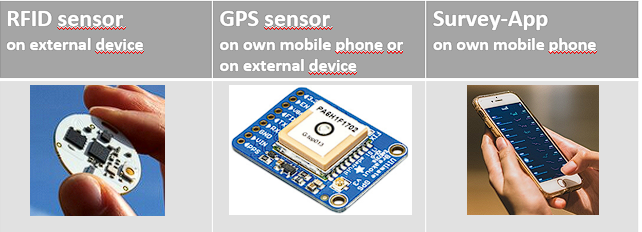Use of wearables in family research: Acceptance and measurement accuracy of small wearable devices in time use research

Table of contents
Time use studies are usually based on survey-based time diaries.
They have shown that a) there are large differences between men and women living together as heterosexual couples with children in terms of participation in household tasks (Schulz 2021), and b) there may be gender-specific over- or under-reporting of household activities (Bonke 2005). In the future, technological advances will enable the use of devices that automatically record (inter)actions (wearables) to obtain more valid information about the division of tasks, daily routines and interaction between household members. Wearables are also a potential next step in advancing family research to better understand the challenges of mobile work. However, unlike in health research, little is known about the acceptance of the use of such technologies for research on family life behavior. The project therefore investigates the acceptance of wearables for research purposes in households with children through focus groups and surveys. The placement of measuring devices will be tested in a model apartment.
Literature:
Schulz, F. (2021). Mothers, Fathers and Siblings; Housework Time Within Family Households. Journal of Marriage and Family, 83(3), 803-819.
Bonke (2005). Paid Work and Unpaid Work: Diary Information Versus Questionnaire Information. Social Indicators Research, 70, 349-368


